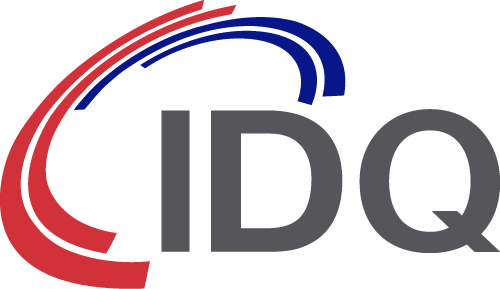US announces strategic overview for QIS
September was a landmark month for quantum technologies in the US, beginning with the House of Representatives passing its version of the National Quantum Initiative Act.
The purpose of the Act is to “ensure the continued leadership of the United States in quantum information science (QIS) and its technology applications”. The Act proposes to do so through four key strategies, starting with additional support for the research, development and application of QIS technologies.
The US certainly seems to be taking quantum technologies seriously as the Act proposes $1.2billion of investment over the next ten years. The Act also proposes greater interagency planning and coordination of research into QIS; improved collaboration between government, industry and academia; and the development of standards for QIS technology and security.
The Act has been referred to the Senate and is expected to be passed into law later this month. In the interim, the current administration has published two crucial quantum-related documents: A National Cyber-Security Strategy and, most recently, a National Strategic Overview for Quantum Information Science (NSOQIS).
The NSOQIS is the product of the Subcommittee on Quantum Information Science (SCQIS), part of the National Science and Technology Council. It provides a blueprint for the future development of quantum technologies within the US, including:
- Adopting a science-first approach that aims to identify and solve “Grand Challenges”
- Building a diverse, “quantum smart” workforce to meet the demands of the industry
- Encouraging greater engagement with industry and exploring private/public partnerships
- Providing the critical infrastructure required to support the attainment of goals
- Maintaining national security and economic growth
- Advancing the cause of international cooperation and collaboration
The US quantum strategy is still in its infancy and the NSOQIS calls for participating agencies (including the Department of Energy, National Institute of Standards and Technology, National Science and Technology Council, National Security Agency, Department of Defence and NASA) to submit detailed plans for addressing these key policy objectives by the first quarter of 2019.
When it comes to maintaining national security and ensuring future economic growth, the NSOQIS recognises that not every aspect of quantum advancement may be benign. Acknowledging the reality of Shor’s algorithm, the NSOQIS states:
“While employing this algorithm is far beyond the current level of technology, the need to protect sensitive data and provide a reliable infrastructure over the long-term requires moving to ‘post-quantum’ or ‘quantum-resistant’ forms of cryptography.”
In his article for The Optical Society, Stewart Wills points out that, contrary to some of the recent protectionist rhetoric coming from the White House, the NSOQIS embraces the opportunities represented by international collaboration. Given the connected nature of 21st century business and academia, the SCQIS acknowledges the international cooperation of the past twenty years and states “As discoveries accelerate in all sectors, the United States should seek to increase international cooperation with like-minded governments and industrial partners”.
According to the SCQIS, the US government will focus on three strategic international efforts: the regular review of international collaboration activities, the prioritisation of strategic, bilateral partnerships and the advancement of international standards to enable the adoption of quantum technologies.
The US is just one of a number of governments that have taken steps to formalise an approach to the development of quantum technologies. Recognising the potential for competitive advantage that would accompany the arrival of a quantum computer, private and public sector organisations are investing billions of dollars worldwide. This level of commitment will see an increasing number of quantum applications move out of the research laboratory and into everyday use.
The way forward
With another top government committing to develop quantum technologies, it is now time to get prepared for the impact such technologies will have – especially quantum computers. Commercial and governmental organisations must protect themselves against quantum computing’s threat of breaking most of today’s public key cryptography. IDQ is the world leader in quantum-safe cryptographic solutions. We provide quantum-safe network encryption, secure quantum key generation and quantum key distribution solutions and services to the financial industry, enterprises and government organisations globally. We have also commercialised quantum random number generators that are the reference in the security, simulation and gaming industries.


